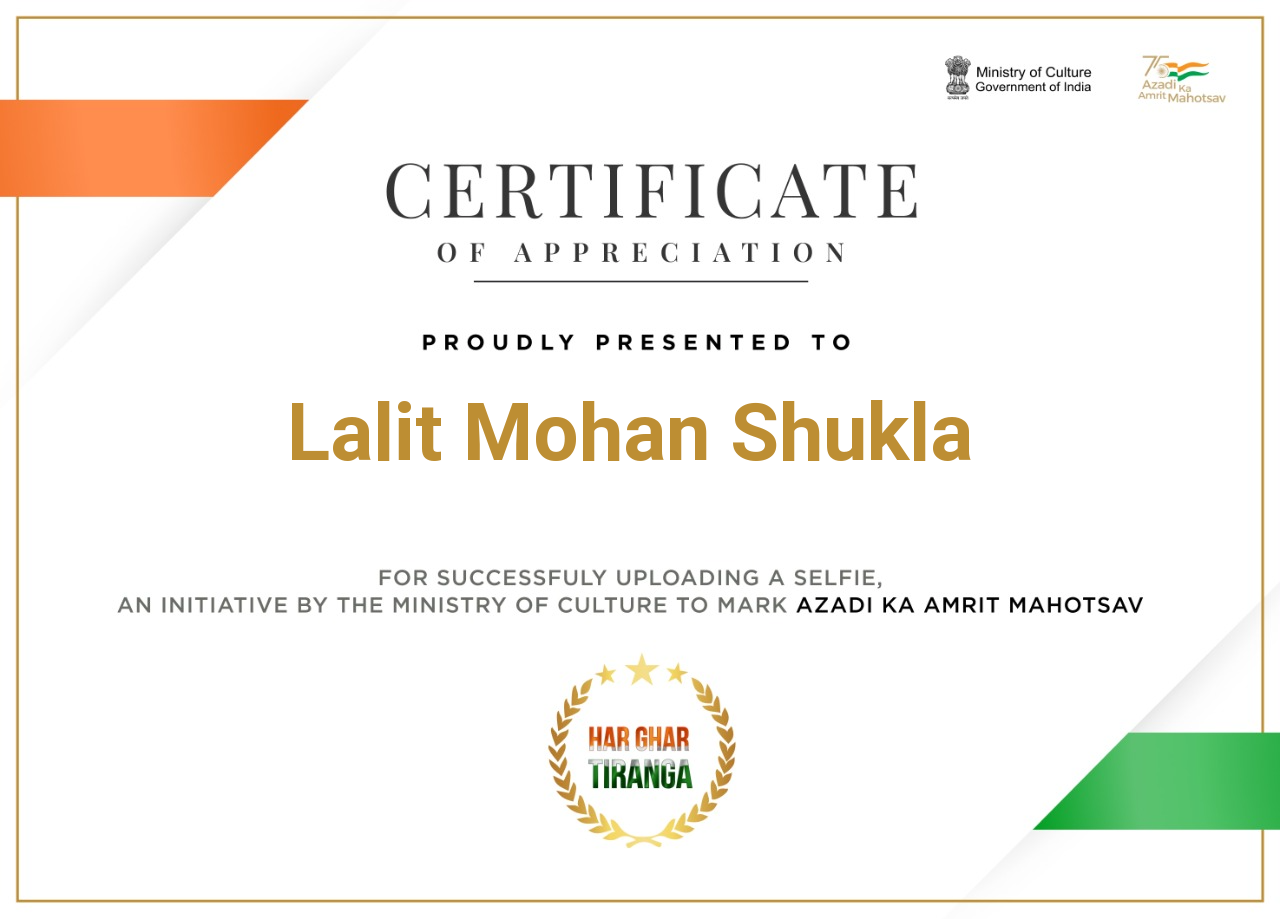*Title: Unraveling Irony: A Deeper Look into Defoe's Usage of Irony in Robinson Crusoe*
*Introduction*
In the realm of classic literature, Daniel Defoe's masterpiece "Robinson Crusoe" stands tall, captivating readers for centuries with its gripping narrative and profound themes. One aspect that adds depth and complexity to the story is the skillful use of irony by Defoe. In this article, we'll embark on a journey to uncover the layers of irony embedded within "Robinson Crusoe" and explore how Defoe's adept manipulation of this literary device enriches the reader's experience.
*Understanding Irony in Literature*
Irony is a literary technique that involves a contrast between what is said and what is meant, or a discrepancy between expectation and reality. It's a tool that authors employ to create depth, engage readers, and add layers of meaning to their narratives. Defoe's "Robinson Crusoe" employs various forms of irony, enhancing the story's emotional impact and intellectual engagement.
*Situational Irony: Crusoe's Lone Haven*
Defoe masterfully employs situational irony in the novel by placing Robinson Crusoe, an adventurous sailor, in a situation of isolation and captivity on a deserted island. The irony lies in the contrast between Crusoe's initial quest for exploration and his eventual confinement. This unexpected turn of events not only highlights the unpredictability of life but also forces Crusoe to reflect on his previous ambitions and choices.
*Verbal Irony: Crusoe's Reflections*
Verbal irony is evident in Crusoe's introspections and reflections throughout the story. His initial arrogance and dismissal of his father's advice to stay at home becomes bitterly ironic as he finds himself utterly alone and struggling for survival on the island. His transformation from a headstrong young man to a humbled survivor underscores the irony of his predicament and serves as a cautionary tale about the consequences of ignoring wisdom.
*Dramatic Irony: Crusoe's Adaptation*
Defoe employs dramatic irony by allowing readers to possess knowledge that Crusoe lacks. We witness Crusoe's gradual adaptation to island life, celebrating his successes in building shelters and securing his survival. However, readers are keenly aware that Crusoe is not as alone as he thinks, as the island is inhabited by indigenous people. This creates a tension between what Crusoe perceives and what readers know, enhancing the suspense and deepening the narrative's impact.
*Cosmic Irony: Man vs. Nature*
The cosmic irony in "Robinson Crusoe" lies in the ongoing struggle between man and nature. Crusoe's efforts to tame and conquer the island are met with setbacks and challenges, emphasizing the insignificance of human endeavors in the face of natural forces. This cosmic irony prompts readers to contemplate the fragility of human dominance and the inherent humility required to coexist with nature.
*Conclusion*
In Daniel Defoe's "Robinson Crusoe," irony emerges as a powerful tool that enriches the narrative and provokes thoughtful contemplation. Through situational, verbal, dramatic, and cosmic irony, Defoe weaves a tale that resonates with readers on multiple levels. The novel's exploration of ambition, humility, and the human-nature relationship is amplified by the intricate layers of irony. By delving into Defoe's expert usage of irony in "Robinson Crusoe," readers gain a deeper appreciation for the complexities of both the story and the human experience.
As you immerse yourself in the pages of "Robinson Crusoe," keep an eye out for these ironies that shape the story's essence, allowing you to connect with the characters and themes in ways that transcend the passage of time.
VISIT THE BLOG FOR MORE UPDATES ON FOLLOWING..
Irony in literature
Defoe's usage of irony
Robinson Crusoe analysis
Literary devices in Robinson Crusoe
Situational irony in literature
Verbal irony examples
Dramatic irony in novels
Cosmic irony interpretation
Irony in classic literature
Themes of Robinson Crusoe
Daniel Defoe's writing style
Meaning of irony in stories
Significance of irony in novels
Literature critique: Robinson Crusoe
Interpretation of irony in fiction
FREQUENTLY ASKED QUESTIONS AND ANSWERS
*Frequently Asked Questions about "Unraveling Irony in Robinson Crusoe"*
*Q1: What is the main focus of the blog "Unraveling Irony: A Deeper Look into Defoe's Usage of Irony in Robinson Crusoe"?*
*A:* The blog delves into how Daniel Defoe employs various forms of irony in "Robinson Crusoe" to enhance the narrative's depth and meaning.
*Q2: What types of irony are explored in the blog?*
*A:* The blog covers situational irony, verbal irony, dramatic irony, and cosmic irony, highlighting their significance in the novel.
*Q3: How does situational irony play a role in "Robinson Crusoe"?*
*A:* Situational irony is evident in Crusoe's unexpected isolation on a deserted island, contrasting his initial ambitions of exploration.
*Q4: Can you provide examples of verbal irony in the novel?*
*A:* Certainly, the blog examines Crusoe's dismissal of his father's advice, which later becomes ironic as he reflects on his choices.
*Q5: How is dramatic irony used in "Robinson Crusoe"?*
*A:* The readers possess knowledge that Crusoe lacks, enhancing suspense as we observe his adaptation to island life while aware of the island's inhabitants.
*Q6: What is cosmic irony in the context of the novel?*
*A:* Cosmic irony underscores the struggle between man and nature, emphasizing the fragility of human dominance in the face of natural forces.
*Q7: How does the blog relate irony to the themes of the novel?*
*A:* The blog discusses how irony deepens the exploration of themes like ambition, humility, and the human-nature relationship.
*Q8: Is there a takeaway from understanding irony in "Robinson Crusoe"?*
*A:* Yes, the blog suggests that recognizing irony adds layers to our comprehension of characters, themes, and the broader human experience.
*Q9: Where can I find more insights on Daniel Defoe's writing style?*
*A:* The blog touches on Defoe's writing techniques in relation to irony, but further exploration could lead to valuable insights into his style.
*Q10: How does this analysis contribute to understanding classic literature?*
*A:* By unraveling the intricacies of irony in "Robinson Crusoe," the blog offers a deeper appreciation of the complexity within classic literary works.
*Q11: Can I use the insights from the blog in discussions or academic studies?*
*A:* Absolutely, the analysis provides valuable insights that can enhance discussions, essays, and studies related to literature, irony, and storytelling.
*Q12: Where can I read the full blog post?*
*A:* You can access the full article "Unraveling Irony: A Deeper Look into Defoe's Usage of Irony in Robinson Crusoe" on our blog [ https://getinspirebylalit.blogspot.com/ ]
TO GET ANSWERS TO MORE SUCH QUESTIONS BELOW REGULARLY VISIT OUR BLOG
Absolutely, here's an extensive list of questions that readers might have about the blog "Unraveling Irony: A Deeper Look into Defoe's Usage of Irony in Robinson Crusoe":
1. What is the significance of irony in literature?
2. Who is the author of "Robinson Crusoe" and what is its genre?
3. What prompted the use of irony in "Robinson Crusoe"?
4. How does irony contribute to the depth of a literary work?
5. Can you provide a brief overview of the plot of "Robinson Crusoe"?
6. What are the different types of irony discussed in the blog?
7. How does situational irony challenge the protagonist's initial expectations?
8. What are some examples of verbal irony in Crusoe's reflections?
9. How does dramatic irony create tension and suspense in the narrative?
10. What is the concept of cosmic irony and how does it relate to the novel?
11. How does Crusoe's journey mirror the broader human experience?
12. Can you explain the contrast between Crusoe's ambitions and his reality?
13. How does Crusoe's isolation on the deserted island change him?
14. In what ways does irony highlight the theme of humility in the novel?
15. How does the presence of indigenous people on the island create dramatic irony?
16. Can you elaborate on the interaction between man and nature in the novel?
17. How does irony amplify the exploration of ambition in "Robinson Crusoe"?
18. What lessons can readers draw from Crusoe's experiences with irony?
19. Does the use of irony in "Robinson Crusoe" make it more relatable to readers today?
20. How does Defoe's writing style contribute to the effectiveness of irony?
21. Can you suggest other works of literature that use irony similarly?
22. What might have been Defoe's intention in using irony in the novel?
23. Does the blog analyze specific passages or dialogues where irony is prominent?
24. How does understanding irony help in interpreting literary symbolism?
25. Is irony a common literary device in other works by Daniel Defoe?
26. How do readers benefit from recognizing and dissecting irony in literature?
27. Does "Robinson Crusoe" challenge conventional ideas of heroism through irony?
28. Can you explain the role of irony in character development within the novel?
29. How does Crusoe's transformation impact the reader's perception of irony?
30. Are there any contrasting examples where the irony is not as evident?
31. What is the historical context that might have influenced Defoe's use of irony?
32. Can you provide a breakdown of how each type of irony is used in the novel?
33. How does irony create emotional engagement for readers of "Robinson Crusoe"?
34. What is the role of irony in highlighting the unpredictability of life?
35. How does the presence of irony differentiate "Robinson Crusoe" from other adventure tales?















